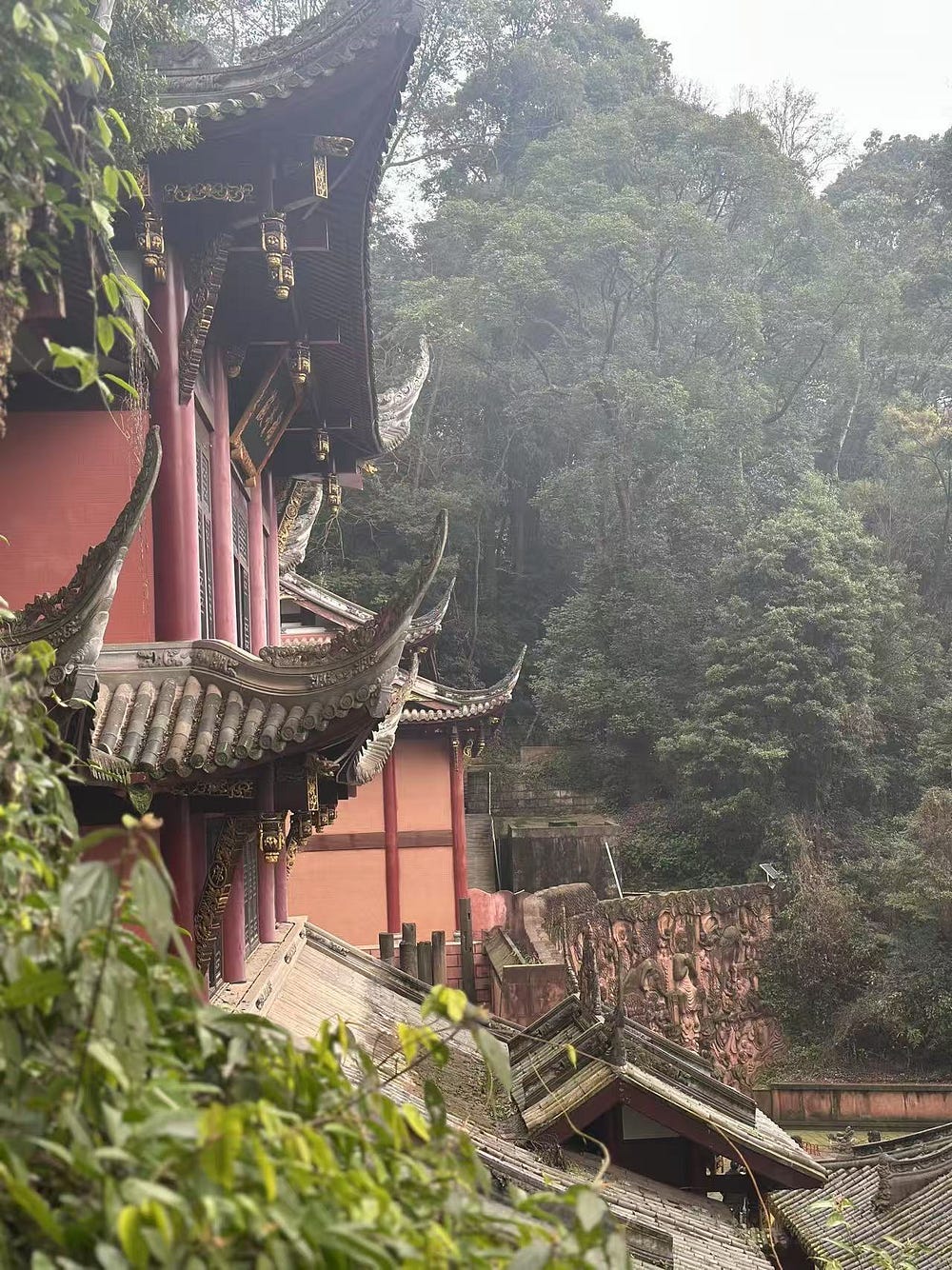Theory is one thing, practice another. Going to school cannot equate with direct experience. Role models point the way, guiding us from theory to our own practice. By watching our heroes, studying their moves and motivations, documenting and mimicking their moves, we learn to crawl and then, to walk. Finally, some may even run.
Laozi and The Daodejing describe a way of existence that points toward connecting with our natures. Reading the words, thinking deeply on the meaning, sharing and debating our thoughts with our friends, all this is not the same as doing. The doing is living, every moment a unique scenario. We need our heroes, others who have done and lived well, so that we can apply lessons in their lives to our own and thus cross the gap between theory and practice.
I have found one of my heroes, Su Dongpo (1037–1101). Poet, essayist, calligrapher, painter, and scholar-official of the Song Dynasty, a true Daoist, a man who effortlessly worked his hardest every day to live life according to his own nature and principles. He had the highest highs at court and the lowest lows of exile and poverty, and we are gifted with his experience in the form of his many essays, letters, and official correspondence. This series will take examples from SuShi’s writing (SuShi is a familiar name), translated by LinYutang.
“1. Having leisure equals having power.
2. Going to bed early equals having wealth.
3. A leisurely stroll is as enjoyable as a drive.
4. Eating late is as good as eating meat.”
I want to do what I want to do, when I want to do it, even if that means goofing off! That really is power.
Going to bed early means being free of obligation, free of debt to others. No boss asking for overtime, no mountain of worries keeping us from slumber. Wealth indeed!
Expensive objects and comforts are independent of the enjoyment we can take from life and our position. A walk in the garden under a starry sky is as good as your butler driving your Bentley.
Eating and carousing until the hour is late, heedless of the time, enjoying the company of your friends, this is better than a champagne dinner eaten alone.
SuShi continues:
“This is a good recipe for a contented life. If a man eats when he is ravenously hungry, any vegetable tastes better than all the delicate foods. On the other hand, when one’s belly is full, he thinks nothing of the best food laid out before him and wants only to have it removed. I consider, however, that this formulation is unfortunate. It is enough to say that it is good to take a slow stroll and that food tastes good when one is hungry. Why should we speak of such pleasures as compensation for the luxuries? That shows those who invented these phrases always had the idea of a carriage and of meat in their minds.”
SuShi couldn’t help being independent in his thought. He questioned everything. He was especially good at spotting the hidden motives and truths behind the words of others. We are told that it is somehow more noble to eschew the luxuries and finer things of life. Sitting in a cave, refusing all of life’s pleasures would seem the height of moral living!
The lesson is about judgment. A slow walk under the stars is good, and sometimes a nice ride is better. There is nothing fundamentally wrong with a fancy meal from time to time, or a big screen TV and a vacation in Paris. Simple food satisfies and is best for us most of the time. One can be contented or unsatisfied while having everything and nothing.
SuShi puts his thumb on the point. We are being judged by others so much that we forget to follow our own values. Judged by others who all too often find it easier to criticize and control others for things they covet, want to control, or cannot refuse themselves. There is no need, indeed it is against nature, to label and judge everything that we do, the things that come to us, and we certainly do not need anyone to do so for us.
[Author’s Note: The following quotes are from the LinYutang biography of Su Dongpo, “The Gay Genius”]






omg this is so good, i love this
"We are being judged by others so much that we forget to follow our own values" - Mm. So well said, a potent reminder. Thanks for sharing, Paul! 🙏